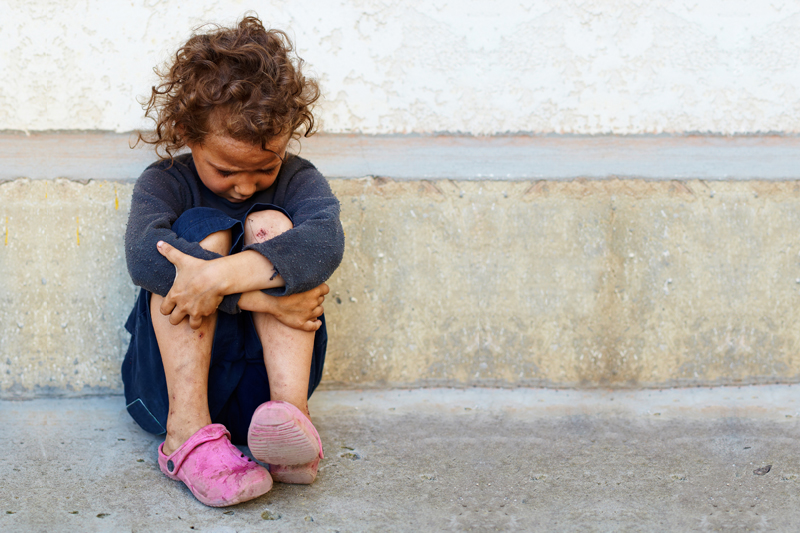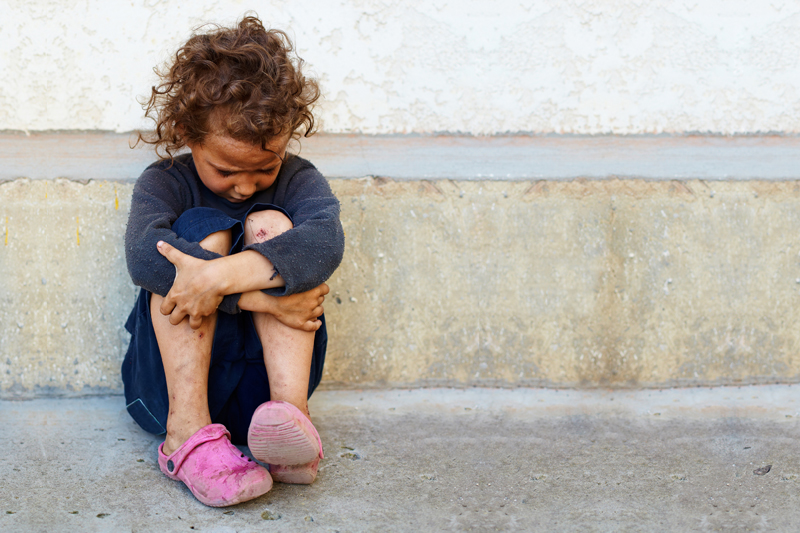A Parent Guide to Chatting Online

When your child is talking online do you understand what you see on the screen? Most adolescents today use a form of chat lingo, which is an enhanced way to type when chatting online to friends or acquaintances. Chat lingo simply shortens commonly used words in order to allow people to “talk” or actually type faster. Yet for people who do not text or chat online the lingo can appear to be a kind of secret, mysterious language. Not knowing what your child is saying can hurt you or your child.
As a parent it is our responsibility to be cognizant of what our children are doing and whether or not they may be placing themselves in danger. What you do not know your child is doing can be the difference between life and death. Do you know who and what your child is saying online? Are you familiar with basic chat lingo?
Learn how to keep your child safe while they are online. The internet has become a virtual playground for criminals. Teach children never to give out any personal information online. Adolescents should never use their real name in their email, chat rooms, or profiles.
Only allow children to have real-life friends on their friend list. This means only people they have meet and know in person. Do not allow anyone from the cyber world. Explain that 14-year-old “Molly” from cyber space, may be 54-year-old “Fred” who is posing as 14-year-old Molly, only to make your child feel comfortable enough to let her guard down.
The two most important rules, never meet anyone from online, ever. Do not allow children to use the internet alone. If children use the internet in their bedrooms behind closed doors, he or she will invariably end up going places he or she should not be, whether intentionally or accidentally. Make sure your child uses the internet where you can easily see what he or she is typing or what websites they are visiting.
There is essentially an endless list possible abbreviations teen’s use when chatting online. If you are unsure of what your child is talking about, ask him or her. Some teens are talking to adults online who are asking them to do and say things that they have no idea what it means. Children need to know that anytime someone online makes them feel uncomfortable when they do or say something the child should immediately log off and tell a grownup.
According to the National Center for Missing and Exploited Children (NCMEC), a research study showed that in 1999 and 2000, 1 in 7 children out of 1,500 received a solicitation for an inappropriate act while online between the ages of 10 and 17. To make matters worse 4% of these encounters became “aggressive” interactions meaning the adult attempted to reach or communicate with the child off line.
Parents need to make children fully aware of the dangers online. After all if parents do not alert children to the dangers of the internet, then someone will from the darkness of cyberspace will and that could lead to tragedy.
As a parent it is our responsibility to be cognizant of what our children are doing and whether or not they may be placing themselves in danger. What you do not know your child is doing can be the difference between life and death. Do you know who and what your child is saying online? Are you familiar with basic chat lingo?
Learn how to keep your child safe while they are online. The internet has become a virtual playground for criminals. Teach children never to give out any personal information online. Adolescents should never use their real name in their email, chat rooms, or profiles.
Only allow children to have real-life friends on their friend list. This means only people they have meet and know in person. Do not allow anyone from the cyber world. Explain that 14-year-old “Molly” from cyber space, may be 54-year-old “Fred” who is posing as 14-year-old Molly, only to make your child feel comfortable enough to let her guard down.
The two most important rules, never meet anyone from online, ever. Do not allow children to use the internet alone. If children use the internet in their bedrooms behind closed doors, he or she will invariably end up going places he or she should not be, whether intentionally or accidentally. Make sure your child uses the internet where you can easily see what he or she is typing or what websites they are visiting.
There is essentially an endless list possible abbreviations teen’s use when chatting online. If you are unsure of what your child is talking about, ask him or her. Some teens are talking to adults online who are asking them to do and say things that they have no idea what it means. Children need to know that anytime someone online makes them feel uncomfortable when they do or say something the child should immediately log off and tell a grownup.
According to the National Center for Missing and Exploited Children (NCMEC), a research study showed that in 1999 and 2000, 1 in 7 children out of 1,500 received a solicitation for an inappropriate act while online between the ages of 10 and 17. To make matters worse 4% of these encounters became “aggressive” interactions meaning the adult attempted to reach or communicate with the child off line.
Parents need to make children fully aware of the dangers online. After all if parents do not alert children to the dangers of the internet, then someone will from the darkness of cyberspace will and that could lead to tragedy.

Related Articles
Editor's Picks Articles
Top Ten Articles
Previous Features
Site Map
Content copyright © 2023 by Erika Lyn Smith. All rights reserved.
This content was written by Erika Lyn Smith. If you wish to use this content in any manner, you need written permission. Contact Erika Lyn Smith for details.



